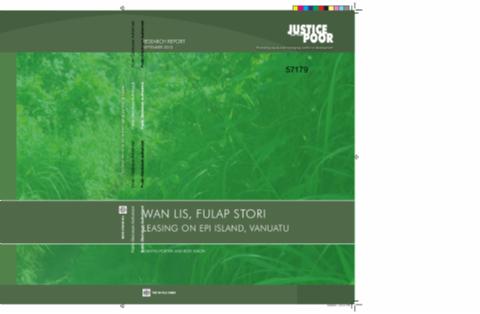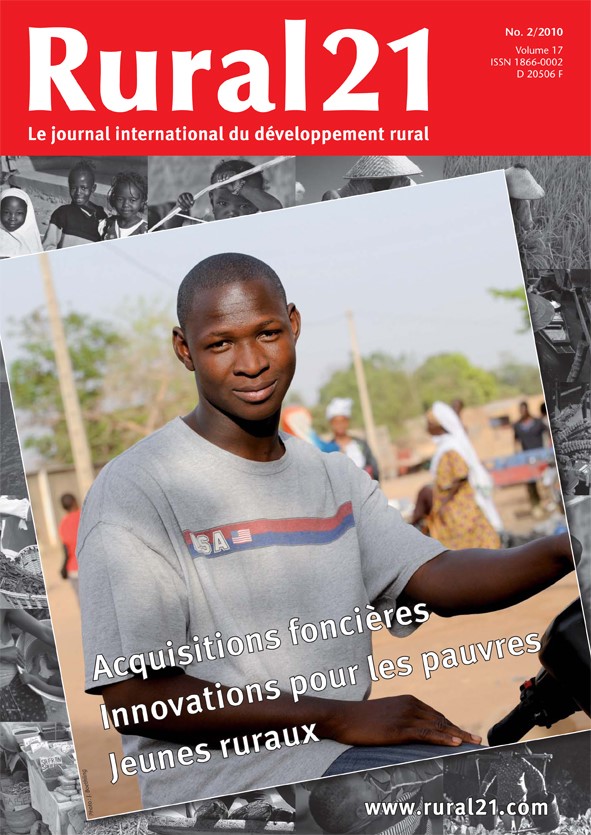Eroding Rivers, Eroding Livelihoods in Bangladesh
Bangladesh is the most densely populated country in the world. Its 144,000 square kilometres are home to an estimated 150 million people. About 45 percent (2004) of them live below the national poverty line and around 36 percent are living on US$ 1 per day. Agriculture contributes largely to the national economy, with 60 percent of employment provided by the agricultural sector (including crops, livestock, fisheries and forestry) in 1995/6. Rural poverty is highest but urban poverty is growing.







